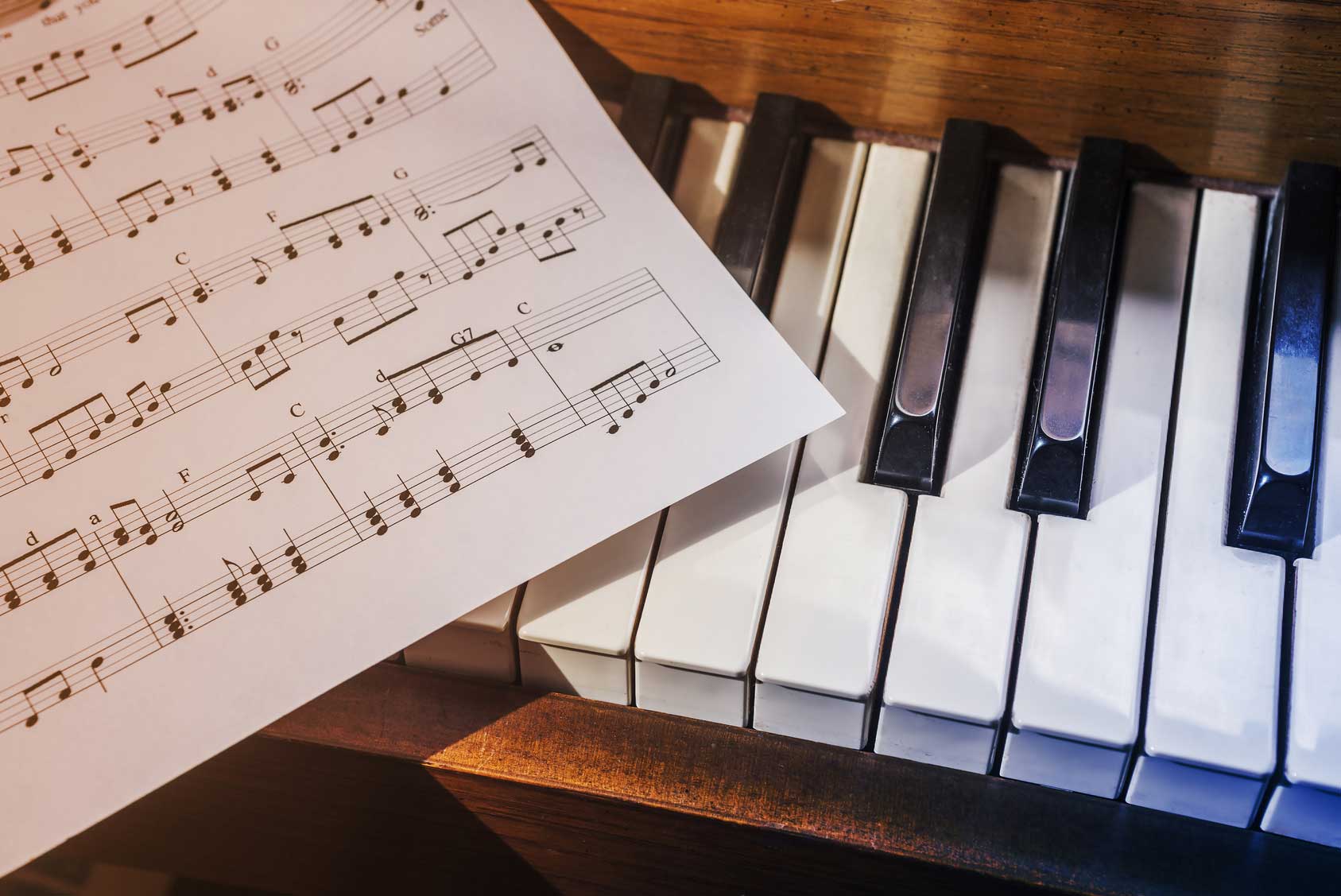The piano is one of the most common, most pleasant-sounding instruments. It has been for quite some time.
Often, however, the barrier between learning and just listening is too great for people to overcome.
It doesn’t have to be.
While some musicians never need to learn this skill, most of us do. How far we go with our musical ability will depend on what we learn as our foundation.
Whether you’re planning on becoming a serious musician or a hobbyist, understanding music is vital.
Read on to discover how to read piano music and start playing as soon as possible.
Learn The Keys
At first, the thin booklet pianists prop up in front of themselves may look like a confusing collection of lines and symbols.
But, it is this sheet of paper that determines the speed and sounds of the song itself.
Each key (both black and white) makes a unique sound. When put together in an order that sounds pleasant to the ear, “good” music is created.
However, trying to read piano music does no good if the player doesn’t know the sounds for the corresponding keys.
To get the most out of reading piano music, take the time to understand how each symbol on the sheet relates to the actual piano key and the sound it will produce.
Don’t know where to start? Here are the best piano songs for beginners.
Learn The Rhythm
So, you know all the sounds of the entire piano. But, do you know the rhythm of the song?
When learning how to read piano music, it isn’t enough on its own to just know what the keys do. Mozart’s music wouldn’t sound so breathtaking if there was not a consistent rhythm to it.
In essence, rhythm is just pressing and releasing the right keys at the right time. The sheet music for a song has symbols that determine how long certain notes last.
Reading piano music will tell you exactly when to press, when to release, and at what speed you should be playing.
Mastering your sense of rhythm will make your music sound much, much better.
How to Read Piano Music by Focusing on Sound
The best speeches are those that are mostly memorized and have strong delivery. Trying to read an entire speech directly from a sheet of paper weakens it.
Similarly, focusing too much on the paper and not the actual music will hinder you.
Other than helping you define the rhythm of the piece, sheet music is there to give you a look at the sounds that are coming up next.
Being able to hear the sounds in your head seconds before you play them will help ensure that you play them on time and maintain the flow of the song.
Practice, Practice, Practice
It may seem obvious, but it is absolutely necessary. You should practice every day for at least 30 minutes to continually build upon your skill.
For more information on piano playing, check out our detailed blog.
